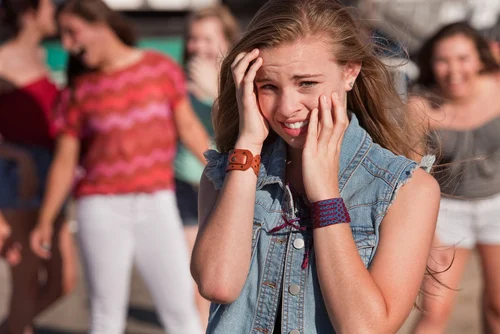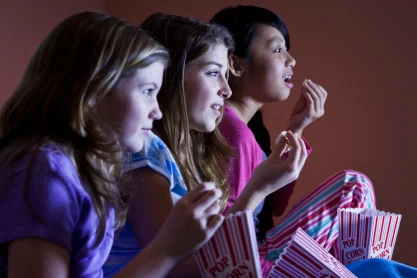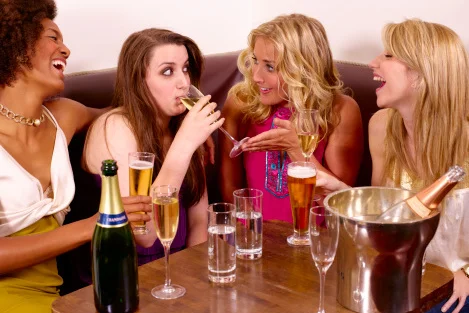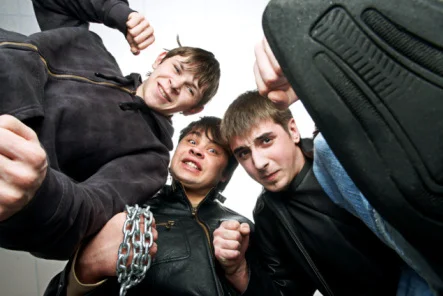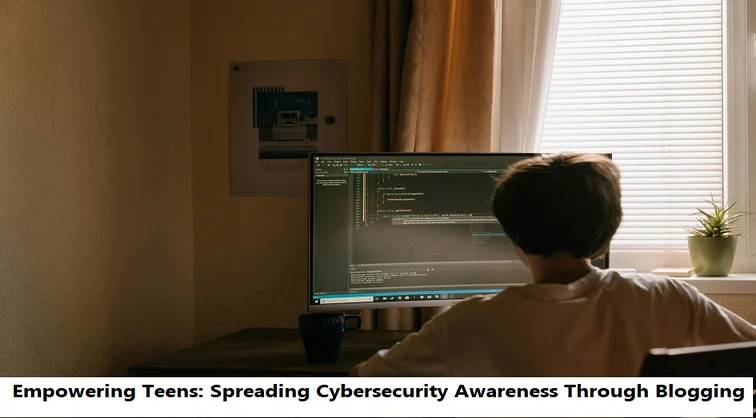+1 845 259 2974 (11 a.m to 7 p.m CST)
A list of movies on peer pressure

Upon stepping into their adolescent years, kids come across experiences that make them ask themselves who they are and who they want to be. This confusion can be overwhelming for them and often make them look towards their peers instead of their parents for help, thus raising their susceptibility to peer pressure and making them adopt certain values and behavior to fit in. In most cases, this transformation can be quite an ordeal for the parents to cope with. This is often because they don’t fully understand what their teen may be going through. Fortunately, there’s a solution to this. There are various movies that touch a similar topic and therefore can help give parents an idea on how to deal with peer pressure.
Finding Nemo
Disney's Finding Nemo hardly seems like a name one would expect to come up when discussing peer pressure movies. However, the animated film addresses the topic in quite a meaningful manner. Nemo is constantly reminded by his father Marlin that he’s too little to take care of himself and is therefore overprotective of him. However, during a school trip, Nemo gives in to peer pressure and undertakes a huge risk which lands him into serious trouble, even putting his life in danger. Nemo learns that his dad’s caution was not without wisdom and regrets taking the risk. During his quest to rescue his son, Marlin also realizes that he had been too hard on Nemo and needs to show faith in his capability to look after himself.
Thirteen
The movie follows Tracy, an innocent, straight-A student who becomes confused and insecure upon entering adolescence. Desperate for popularity and attention, she ends up befriending Evie, the most popular girl in seventh grade. Her new friend leads her down a dark path of sex, drugs and petty crime. Her mother, who’s a recovering alcoholic and high school dropout, doesn’t handle her daughter’s downward spiral well.
Augusta, Gone
Augusta, Gone tells the story of Augusta who suddenly becomes conscious of her body and what her peers think about her once she turns 14. Already confused and insecure, her life takes a turn for the worst when she becomes friends with the local “bad girl” Rain. Under the influence of her new friend, Augusta adopts destructive-ways such as drugs, shoplifting, skipping school and disrespecting authority. Her mother notices the changes and tries to intervene. Refusing to turn her back on her daughter despite the aggressive demands for freedom by the latter, she sends Augusta to a rehabilitation center, which helps her to reform.
Mean Girls
Mean Girls follows the story of Cady, a homeschooled 16-year-old who ends up falling prey to a group of popular girls known as the Plastics due to her innocence. In order to get back at them, she becomes part of the plan involving joining their ranks. However, the influence of Regina, the leader of the Plastics, coaxes Cady into missing her friend’s art show and also writing mean stuff about her friends in Regina’s burn book. The contents of the burn book are eventually made public by Regina, who pins the entire blame on Cady. Losing her friends, her boyfriend and the trust of other students makes Cady realize her mistakes and she goes on to make amends.
The Breakfast Club
The film focuses on five high school teenagers with completely different personalities who end up spending Saturday in detention. Brian, one of the five students, is subjected to stereotyping since the onset of the movie due to him being brainy. While he holds on firmly to his values and keeps his behavior in check for most part of the movie, he eventually succumbs to peer pressure at one point and smokes marijuana with the rest of the group. Rather than making a huge deal out of it, the movie hints that it helps him to fit into the group.
The aforementioned list of movies provides a very good insight on how kids become vulnerable to peer pressure when insecure and confused. In many cases, parents inadvertently contribute to the insecurity. These movies can help them get a better idea of what may be going through their offspring’s head and why they’re coming under the influence of their peers. This can help them come up with better ways to deal with the problem.



